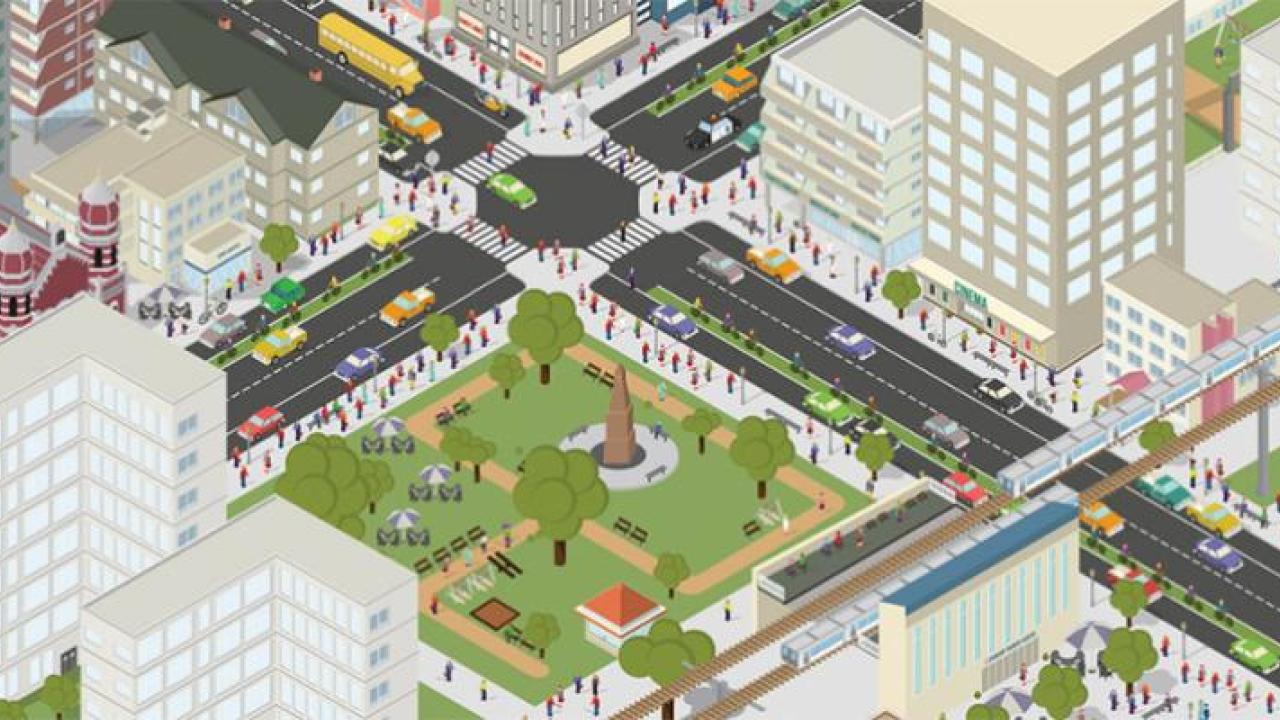
Report Says Shared Mobility Key to a Better Future
Report Says Shared Mobility Key to a Better Future
By Alan Harman
An electric and driverless transportation system could improve livability and eventually save trillions of dollars a year, but University of California at Davis researchers say it won’t happen without shared mobility.
A UC-Davis report, prepared with the New York-based Institute for Transportation & Development Policy, says a shared, electric and driverless transportation system could reduce urban transportation carbon-dioxide emissions by 80% or more worldwide by 2050.
Compared to a business-as-usual case in 2050, such a system could reduce the costs of vehicles, infrastructure and transportation-system operations more than 40%.
The report delves into three urban travel scenarios surrounding three transportation revolutions – vehicle electrification, automation and widespread shared mobility – which moves beyond single-occupant ride-hailing.
The report says shared mobility is the vital piece that could move global transportation into a future that not only saves energy and emissions, but also decongests highways, frees up parking lots for other urban uses, cuts transportation costs and improves walkability and livability.
“When it comes to cars, what we learned early in life still holds true – sharing makes everything better,” says lead author Lewis Fulton, a co-director at the Sustainable Transportation Energy Pathways program of the UC-Davis Institute of Transportation Studies.
“All the futuristic automotive technology being developed could make our cities more livable and the air more breathable – but only if we take sharing seriously,” Fulton says in a statement.
